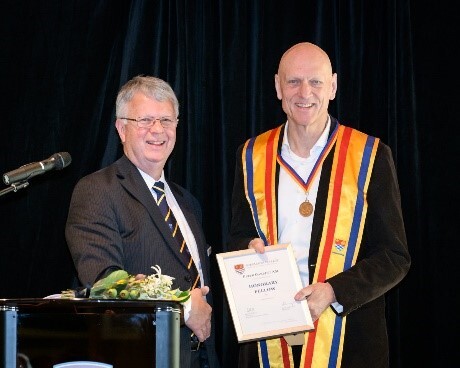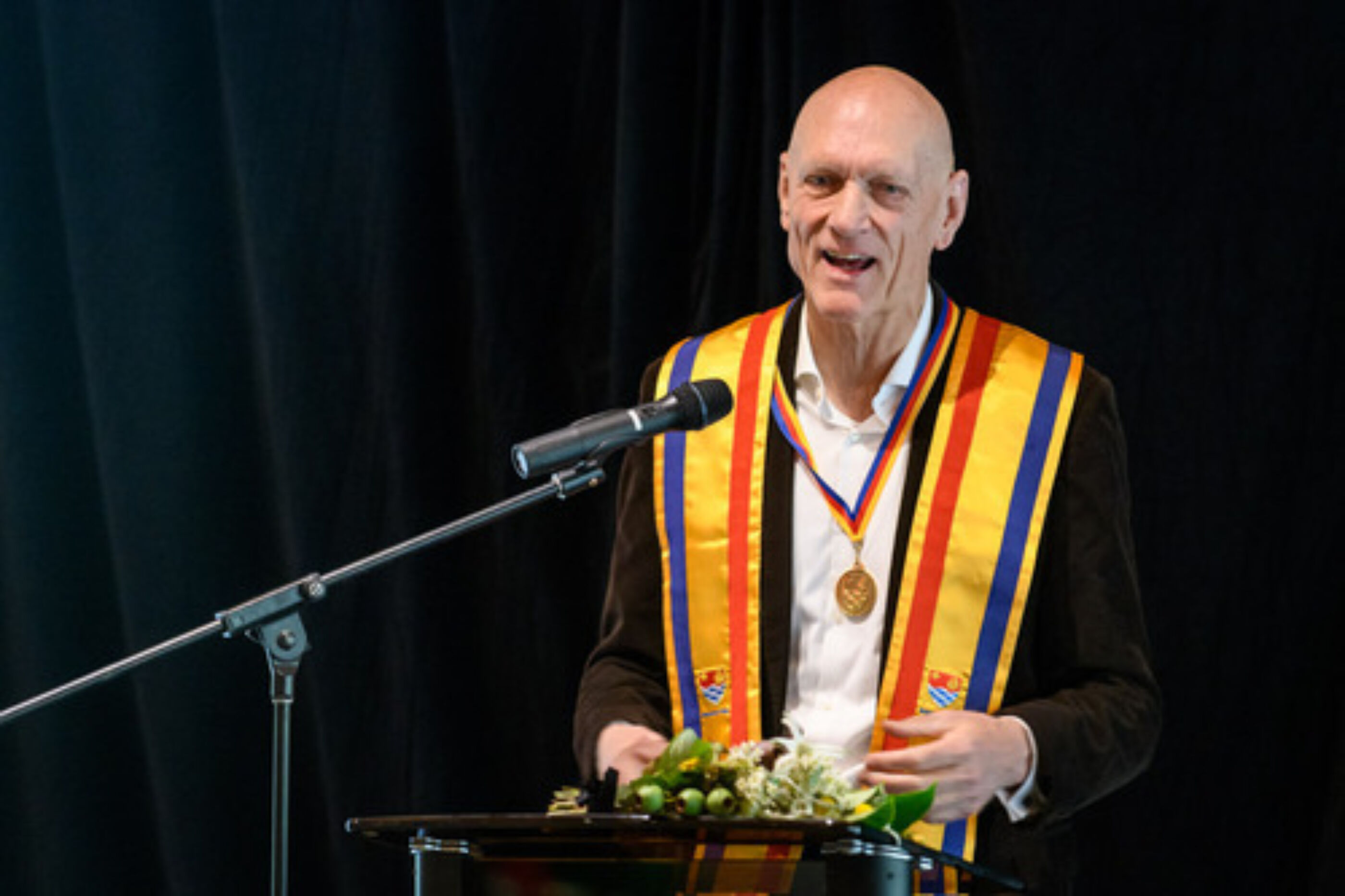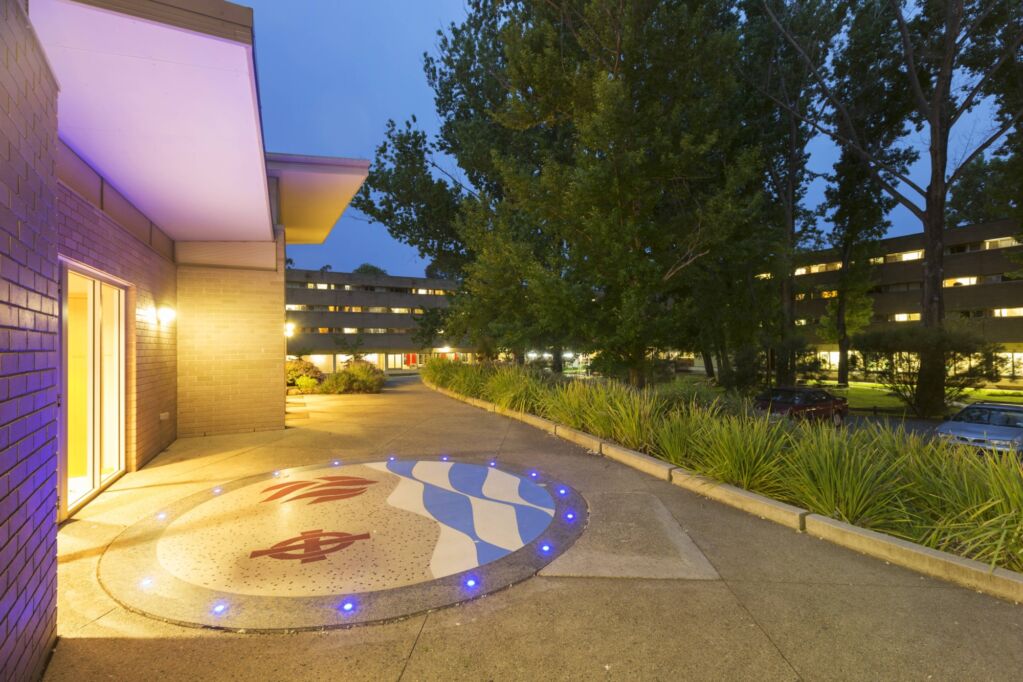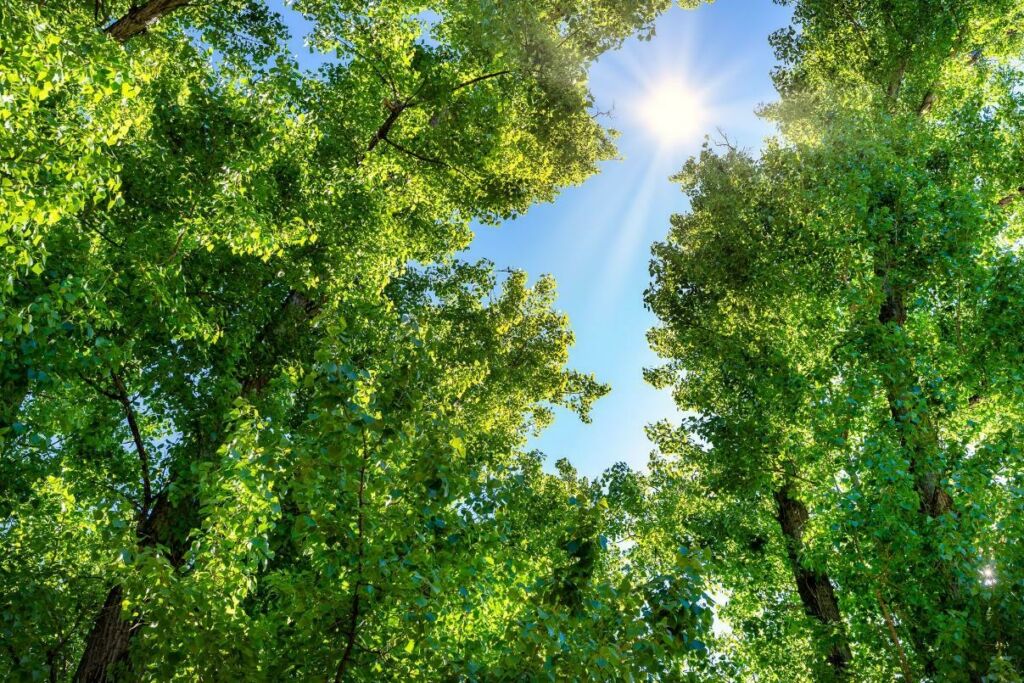Thanks very much, Greg and to the College for this great honour that is being conferred upon Robin Brown and myself today.
Aunty Matilda, I'm so pleased that we're again having your company. Your connection to Country and your association with this College, which is helping it become a real centre of the future visions that people hold for us, not only acknowledging and honouring First Nations people, Aboriginal and Torres Strait Islander people, but developing genuine, productive, working relationships with them. So once again, you and I know one another pretty well when used to come up to the Hill, but it's just lovely to see you here today, and I add my words to those that have been said here to you.
So, Robin pretty much covered it all, but there's a couple of things that I fundamentally disagree with him on. So, let's just get it straight.
Let's first deal with what we agreed about, and that is that the life of service is something which isn’t undertaken for the purposes of receiving anything much, awards or otherwise. I've been very lucky over the years to get a few, and I too was ambivalent about receiving this award because it’s not why, in my experience, one responds to and engages in life at all. And that's always been the case for me since year dot. But, at the same time, I think it is probably fitting in a way that you're able to mark people's contributions just as a way of encouraging others, not necessarily that they're going to get an award, but that people don't go completely unrecognized.
The truth of it is that most people who are having a go don't get recognized, and so for those of us who do, it's beholden upon us to understand that and always make reference to it.
I, too, owe a great debt of gratitude to my wife Doris, who is with me today because, similarly, she has supported me consistently and has endured the absences that were very much a part of our lives, particularly when I had a couple of jobs. And so I wouldn't be here if it weren't for her. And that acknowledgment is very important to me.
Where do I disagree with Robin? I disagree around luck.
So, yes, I think happenstance and luck do play a role. So, I’m not completely disagreeing. But you make your luck as well. You create the conditions by your efforts, by your diligence, by your passions, by your crazy manoeuvres, and then occasionally doors open and lights come on and you get a chance to do something that you think might make a difference.
And that can be a lucky moment in a way. But the conditions for you being able to take that moment have been created by your effort and by your endeavour. And Robin, very much so in your case.
The world is changed by people that turn up. That's pretty much how it works; and if this College can impart in the students that are here that sense that if you do turn up, not for yourself, but to make that difference for something that you feel really strongly about and passionately about, then—despite the fact that it's sounding like a cliché—the world does become a better place.
And I think that on reflection, coming down here before today and listening to the citation, I'm struck by how, on the one hand, one has been able to get in and have a go, but on the other hand, there's so much still that's yet to be done.
Particularly in the areas that have been of great interest to me in my professional life, of which there have been a couple: how we see and treat nature and how we reconcile the history of occupation and theft of land from the First Australians have been the two driving motivational issues for me.
On the latter, I think we're potentially getting closer and could get closer again, as it were, if we do see a Voice in parliament, constitutional recognition and a makarrata. But as soon as I say that, I'm struck by even recent media, which has shown terrible violence perpetuated on the young Aboriginal man in Perth and the situation that Indigenous Australians still face in terms of massive gaps across all of the indices of social wellbeing bar a couple, notwithstanding considerable effort on the part of parliaments over recent times and a growing awareness and understanding that this is something that all of us must wrestle with and fix. We're still a long way off.
And yet I do feel that the Voice to Parliament, whilst in some ways it has a symbolic component to it—there's no question about that, it also has a practical component to it; which is that it provides a signpost, and it will provide a reference point which comes from First Nations peoples completely, for the Parliament to consider and for that consideration to be refracted across the continent, east and west, north and south.
So the poll numbers look pretty good, and I know some people in this room are working hard on this issue already, but it will require a lot of energy and advocacy and involvement in the lead-up to that Referendum; and Sally, that's certainly something that I encourage you and your leadership to consider for students of this College.

On the question of nature, conservation, and looking after the environment, the environment is an issue. The only thing I would say is that part of my love for the environment came because I had a similar room to Robin's (at Burgmann College) and I had this incredible experience. I mean, I grew up in the suburbs of Sydney, and there was bush nearby, and I loved that. But when you first come into a setting like this, it is such a privilege. I mean, it's a privileged setting in some ways as well, as we know, the ecumenical spirit that saw the foundation of this College by different denominations of churches and which is sought to run through the spirit of the College, through its values, its governance, things that Greg referred to when he spoke. And I can see Len Goodman here, and he's made that incredible contribution, as have others.
It needs to stay right at the centre of understanding that if you've only got one stream of people from one background coming into an institution, they won't have the awareness, the understanding or even the passion and anger to go out and shake the tree, that those who came from other places would, or that they would have if they were here with people from other places, other backgrounds and other experiences.
But having said that, I got a great love of nature when I came here because it's that stage of your life when you're so open to everything, all your senses are alive, and you are excited to be on the brink of adulthood and making a life. And yes, we did have, and I still draw on those, incredible times just to be able to sit with people and to throw ideas around, to talk about philosophies, to talk about anything, as it were, and to talk about it free of constraint and so much not knowing what the hell you were talking about but it didn't matter. Those conversations and the thinking that went with them, and then the actions that followed, are amongst the most important reservoirs of inspiration and energy that any young person can get, and I hope that that still happens here. I'm sure it does.
And I used to look out at the Brindabellas and see that every day there was a changing scene, every single day, sometimes snow, rarely, and the lake in the foreground, and this incredible campus that really cemented in me something about the natural world that I felt; not only did I feel good being with it, but we needed to take good care of it if we could.
And there are far too many campaigns and activities that I've been involved with over time with many other community groups, NGOs, governments and the like to recite here. But I'm also struck by the fact that we are so far away from where we need to be because we haven't embedded the living world as something which takes a priority position of respect and care. It is still subservient to our economic system, and so long as that's the case, we're going to continue to run it down and struggle with getting on top of really difficult, big and sometimes wicked problems, the climate crisis being the most obvious one.
That's not to say that there aren't solutions for these issues. Nor that we can't do that. Of course we can. But we don't have much time, and young people's energy, young people's intelligence, young people's enthusiasm, and idealism will be absolutely crucial to that struggle. And so I very much commend those discussions in this college and in this university to enable that to happen.
It's been great to see friends and faces that I know here. We had such wonderful times, and I still feel wonderful, even at these monstrous ages that we’re all reaching and can't quite believe it when we get up in the morning.
Congratulations, Robin. I think you've given a great deal to the College, as have some of my other colleagues and dear friends who are here. I don't feel I've done as much to deserve the award, but I'm very grateful for it nevertheless. And I wish you all the best in the future.
Thank you.
The Hon Peter Garrett AM


